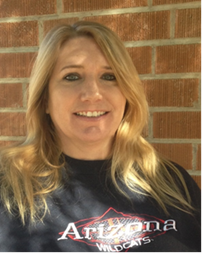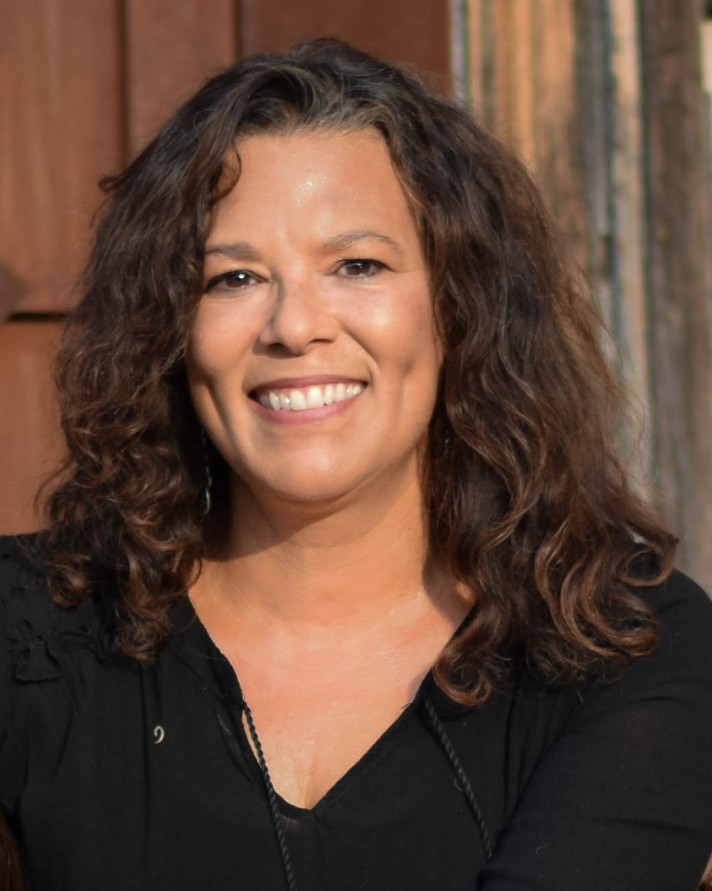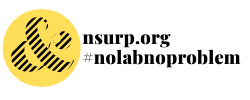The National Summer Undergraduate Research Project (NSURP) is a virtual summer research internship program. The project is supported by the National Science Foundation and was started by a team of microbiologists who recognize the unmistakable importance of summer research experiences in helping to support traditionally underrepresented students find their love and passion for modern, scientific research.
Current NSURP Team

Director: Dr. Michael D. L. Johnson
Dr. Michael D. L. Johnson is a proud product of both the Chicago Public School System and a single parent household (thanks, mom). He received his A.B. in Music from Duke University and “smoothly” transitioned to a PhD in Biochemistry and Biophysics at the University of North Carolina at Chapel Hill. After completing his dissertation in bacterial motility and attachment, he went to St. Jude Children’s Research Hospital where he initially worked in the Department of Infectious Disease studying how bacteria process nutrients—specifically metals—during infection. Afterwards, he moved to St. Jude’s Department of Immunology where he spent his time investigating newly discovered modes of bacterial pathogen elimination by the human body. During his postdoctoral fellowship, he also founded Science Sound Bites: a science podcast for kids. Currently, Dr. Johnson is an Associate Professor at the University of Arizona in the Department of Immunobiology. There, he studies mechanisms of metal toxicity in bacteria. In short, he’s killin’ it with copper. He is active in science outreach through events like DNA Day, The BIO5 Postdoctoral Fellowship Program, and sci-twitter (@blacksciblog). He is also an active participant in minority scientific affairs through organizations like the American Society for Microbiology.
Assistant Director: Dr. Natasha R. Cornejo
Dr. Natasha R. Cornejo is originally from Milwaukee, WI and obtained a B.S. from the University of Wisconsin-Madison with a double major in Chemistry and Biochemistry and a certificate (minor) in Chican@/Latin@ Studies. She obtained her Ph.D. Chemistry in 2023 from the University of Arizona where her research focus was in bioorganic chemistry and developing organic chemical probes for protein bioconjugation to study intracellular systems. Throughout her graduate career, Natasha was involved in a variety of outreach and mentorship initiatives such as serving on the executive board for student clubs whose mission was to support the recruitment and retention of women and underrepresented minoritized (URM) populations in STEM, and starting a university-wide Women in STEM mentorship program at the University of Arizona through the Office of Women in Science and Engineering (WISE). Natasha was also the recipient of multiple fellowships including the NIH-Initiative for Maximizing Student Development (IMSD) Fellowship and the Gilliam Fellowship for Advanced Study through the Howard Hughes Medical Institute (HHMI), both of which aim to support the research and development of diverse scientific leaders from URM populations in science. Natasha is excited to continue to hone her passion for mentorship and giving back to her community as the Assistant Director for NSURP.

Holly Lopez
In addition to being a core member of the NSURP team, Holly Lopez also coordinates the NIH-funded Initiative for Maximizing Student Development (IMSD) Program at the University of Arizona, which serves doctoral students in the school’s various biomedical science programs. A Native Tucsonan, she began working at the University of Arizona in 1987 after returning from Northern Arizona University. She has been involved in Graduate Education for almost the entirety of her career. For 25 years, she served as the Graduate Coordinator for Physiological Sciences where she assisted students at every level—from the application and admission stages up through the completion of their MS and PhD degrees. In that time, she also managed two NIH T32 Training Grants. When the UA Graduate College Diversity Programs Office invited her to join their team, she jumped at the chance to play an even bigger role in helping to serve deserving underrepresented students prepare for graduate school. Most recently, she has also served as a coordinator for the Ronald E. McNair Achievement Program and managed a summer research program called the Minimizing Health Disparities program.
In short, Holly enjoys sharing the multitude of skills she has gained as a coordinator to help students navigate through an often non-intuitive system. Holly enjoys interacting with students and strives to create a safe space where students can express concerns and frustrations as well as celebrate milestones. As it pertains to NSURP and your upcoming research experience, she is very much looking forward to helping you have an amazing summer!

Faqryza Ab Latif
Faqryza Ab Latif is a third-year PhD student in Educational Psychology at the University of Arizona. As an international student herself, her academic interests focus on the experiences of international students, including the sociocultural barriers they face. Her Master’s thesis centered around international students’ existential isolation and how it affects their sociocultural adjustment. In addition to teaching an undergraduate-level course on human development, Faqryza is involved in an NSF-funded research project that examines the social and psychological impacts of the COVID-19 pandemic on students and instructors, particularly those of marginalized identities. Other research interests include inclusive teaching practices in higher education.

Dr. Corey Knox
Dr. Corey Knox leads NSURP’s research and evaluation. She is an educational and social science researcher in the College of Education at the University of Arizona. Her passion is harnessing research and training to advance the leadership and representation of underrepresented groups in science, technology, and higher education. Through the NSURP research work, we are not only addressing the “representation” questions but examining the broader question of how to re-vision science and science education into spaces that attract and propel future Black, Brown, and Indigenous scientists.

Original Team

Dr. Jennifer Gardy
Dr. Jennifer Gardy is the Deputy Director, Surveillance, Data, & Epidemiology, working on the Malaria team at the Bill & Melinda Gates Foundation’s Global Health Division. Her team works to ensure that national malaria control programs in endemic countries are better equipped to use data in their planning and decision-making. Before that, she was an Associate Professor at the University of British Columbia’s School of Population and Public Health and ran a research lab based at the British Columbia Centre for Disease Control. There, her work looked at how you can use genome sequencing as a tool to understand how outbreaks of infectious disease start and spread. Besides being a nerd for pathogen genomics and data, Jenn is very active in science communication and the microbiology outreach community. She currently co-chairs the American Society for Microbiology’s annual Microbe conference, and before moving to Chicago from Canada, Jenn hosted hours and hours of science documentary television. She’s also written a kids’ book about microbes, and with a second one having been published in 2021 all about the digestive system. You can find her on twitter: @jennifergardy.

Dr. David A. Baltrus
Dr. David A. Baltrus is an Associate Professor at the University of Arizona in the School of Plant Sciences. He received his BA in Biology from the University of Delaware, and his PhD in Evolutionary Biology from the University of Oregon. Following his PhD, he received an NIH Kirchstein Postdoctoral Fellowship, allowing him to study microbial genomic sequencing and the evolution of phytopathogenicity at the University of North Carolina at Chapel Hill (Editor’s note: I asked; somehow, neither Dr. Baltrus nor Dr. Johnson crossed paths while at UNC). The Baltrus lab has been active at the University of Arizona since 2011 (Editor’s note: this is where he first met Michael), with research focused on understanding how interactions between bacteria and pretty much everything else evolve. He is one of the hosts of the online (and completely free!) microbial seminar series Microseminar (@Microseminar). You can find him on twitter @surt_lab, where he tweets about a variety of science related topics but also shares stories about how his pigs, goats, and donkey constantly torment him.
Alumni
Lori Wieland
What would we do without Lori every summer? From emails to snail mail, website management to even more email—she is an incredible asset to our team.
Omar Acuna
Omar was one of the original NSURP staffers, and served as an assistant program coordinator during his senior year of college. Now an NSURP and UAZ alum, Omar’s previous service to and time spent with NSURP are sincerely appreciated.
Meucci Ilunga
Following in Omar’s shoes, Meucci served as assistant program coordinator during his time in the NIH PREP@UAZ post-baccalaureate program. A passionate advocate for minority voices in STEM, Meucci loved his time with NSURP and was happy to serve alongside the team. Meucci left his role with NSURP to pursue a position with his tribe on the Navajo Nation.
